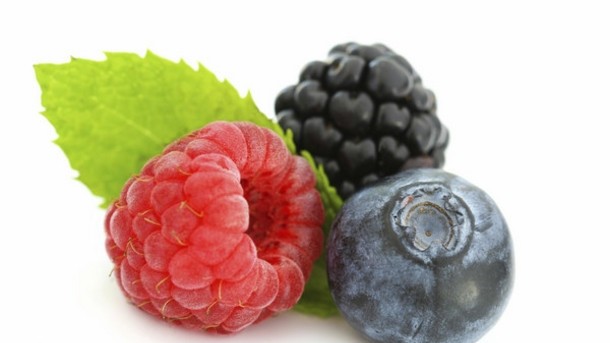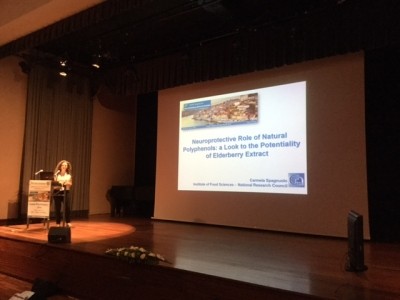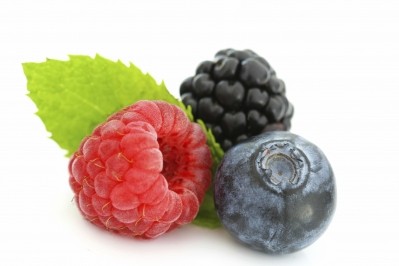Dietary polyphenols may be associated with longevity: Study

The research, published in the Journal of Nutrition, is the first to evaluate the total dietary polyphenol intake by using a nutritional biomarker and not only a food frequency questionnaire, explained the Spanish team behind the study.
Led by Professor Cristina Andrés Lacueva from the University of Barcelona, the 12-year follow-up study used measures of total urinary polyphenol (TUP) concentrations as a proxy of intake, to assess the effect of polyphenol-rich diets on longevity and risk or mortality.
The findings suggest an association between high polyphenol intake and reduction of mortality risk - with those that have the highest polyphenol intake associated with a 30% reduction in mortality.
"TUP is an independent risk factor for mortality among community-dwelling older adults, suggesting that high dietary intake of polyphenols may be associated with longevity," wrote the research team.
“Results corroborate scientific evidence suggesting that people consuming diets rich in fruit and vegetables are at lower risk of several chronic diseases and overall mortality," said Raúl Zamora Ros - first author of the study.
New biomarker
The Spanish team analysed data from a population sample of 807 men and women aged 65 or over from Greve and Bagno (Tuscany, Italy), within the InCHIANTI study. Using TUP measures, the group assessed the effect of polyphenol-rich diets - the first time that such a biomarker has been used for an epidemiological or clinical study.
“The development and use of nutritional biomarkers enables to make a more precise and, particularly, more objective estimation of intake as it is not only based on participants’ memory when answering questionnaire," said Lacueva.
"This methodology makes a more reliable and accurate evaluation of the association between food intake and mortality or disease risk," she said.
Research results
Using the TUP analysis, the authors found that overall mortality was reduced by 30% in participants who had rich-polyphenol diets (>650 mg/day) in comparison with the participants who had low-polyphenol intakes (<500 mg/day).
Lacueva and her colleagues noted that during the 12 year follow-up, 274 participants (34%) died. They found that TUP excretion markers (adjusted for age and sex) tended to be greater in participants who survived than in those who died.
However, when the team looked at data on total dietary polyphenols from a food frequency survey, they found no significant differences.
As a result, the team stressed that their study not only suggests the benefits of dietary polyphenols but also underlines the importance of evaluating —if possible— food intake by using nutritional biomarkers, not only food frequency questionnaires.
"Polyphenols might have a role in the prevention of several chronic diseases, but evaluating total dietary polyphenol (TDP) intake from self-reported questionnaires is inaccurate and unreliable," the team noted.















